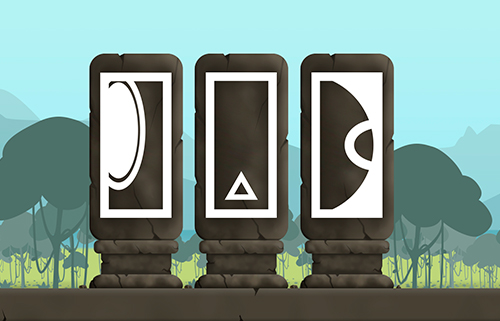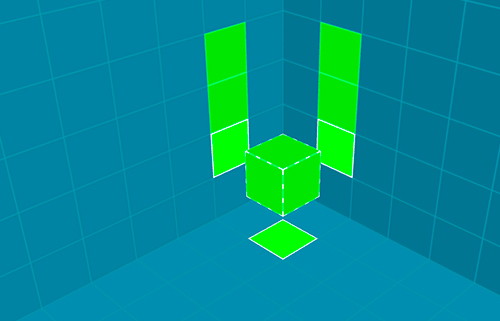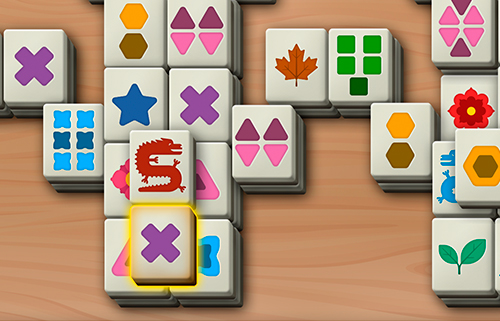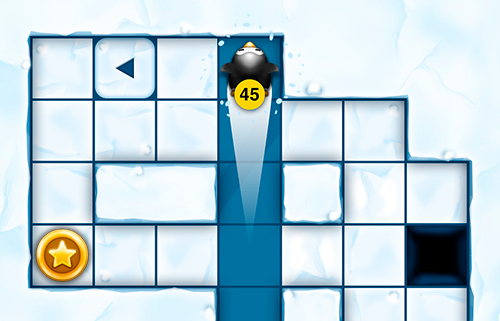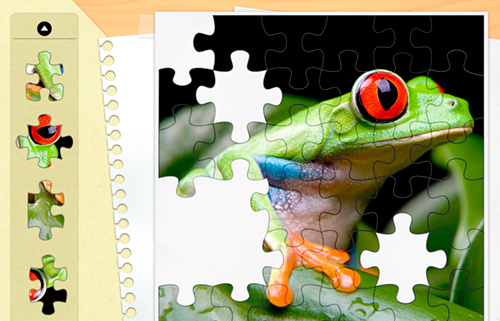
Multi-platform
Brain Game: Puzzles
Cognitive brain training game
Play "Puzzles" online and help boost your cognitive skills.
Have fun with this brain training resource.
Stimulate your recognition with this game.
Puzzles is a great way to challenge your spatial perception, visual scanning, visual perception and working memory skills. The main objective is to complete the puzzle with obstacles such as rotated pieces, inaccurate pieces, etc.
This game has been designed to stimulate our spatial perception and visual scanning. It is suitable for all ages and its design makes it especially attractive for children 7 years old and up. Puzzles is the perfect game to stimulate the mind and help strengthen cognitive skills.
Mind games like CogniFit's Puzzles allow us to train our working memory skills and help stimulate cognitive abilities through neuroplasticity.
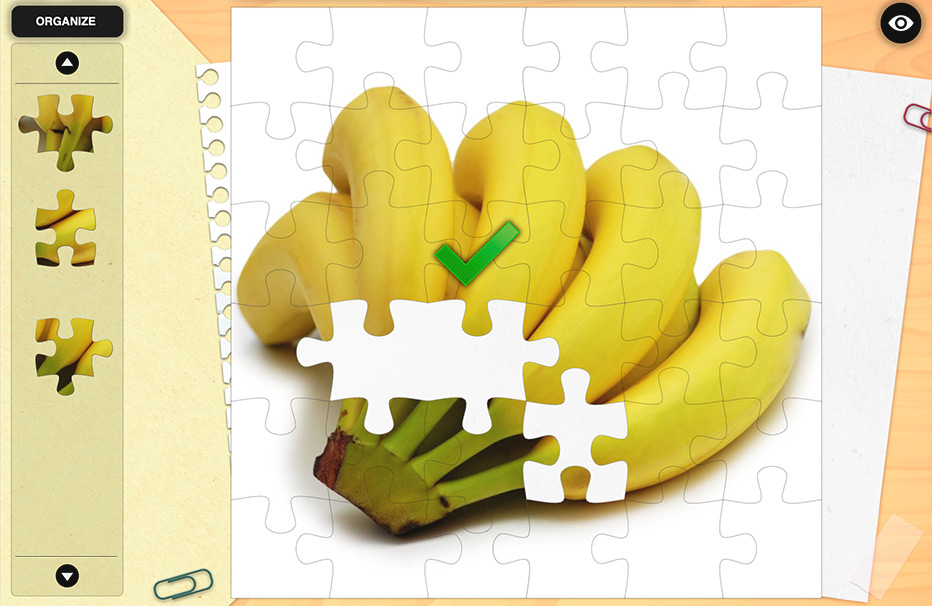
The aim of the game is to complete the puzzle accurately.
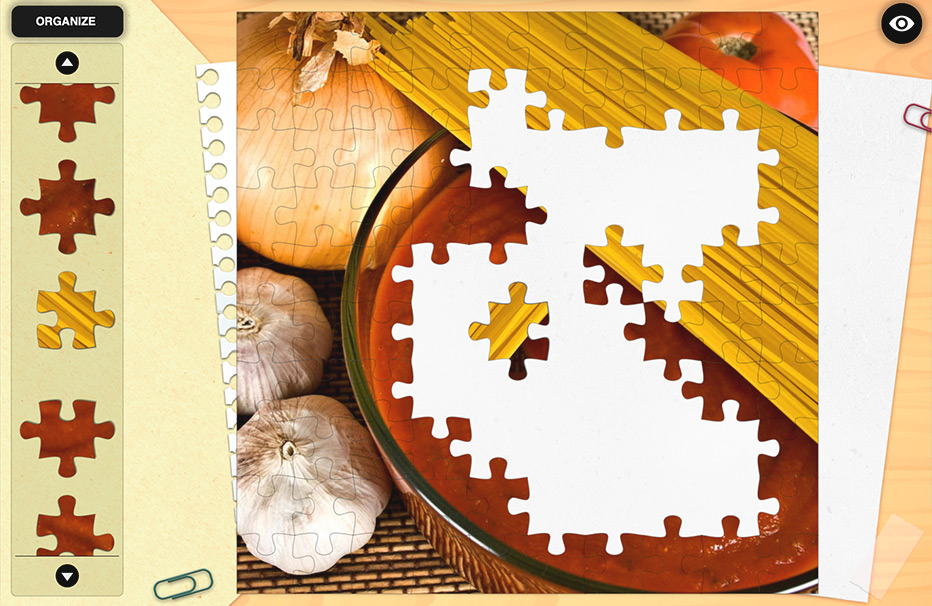
As you level up, rotated pieces and inaccurate pieces will complicate the recognition of the puzzle patterns.
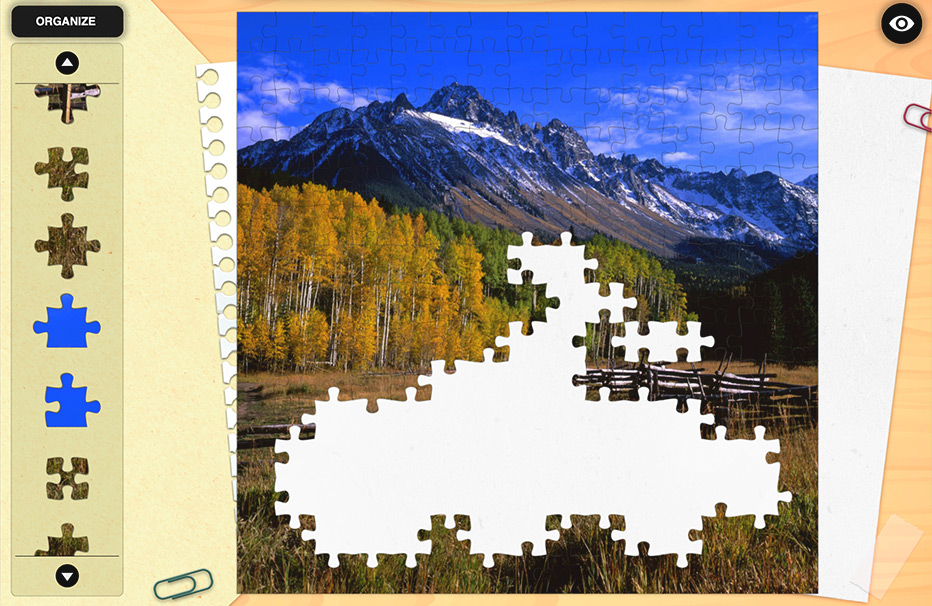
The images and puzzle pieces will increase in difficulty as you advance.
Why are games like "Puzzles" so popular? - History
Puzzles have been around since the 18th century as a map making technique. In 1767, John Spilsbury was credited with inventing the first jigsaw puzzle in history. Puzzles have been used to entertain not only children but adults for a long time, creating challenging images and more pieces throughout the years.
Several studies have shown that when children build puzzles they learn to recognize and understand how pieces fit together to complete a large picture. CogniFit has studied thoroughly the benefits of puzzles and has developed this game to challenge children and adult’s cognitive skills, such as visual scanning and spatial perception among others.
How does the "Puzzles" mind game improve my cognitive skills?
Playing games like CogniFit's Puzzles stimulates a specific neural activation pattern. Repeatedly playing and consistently training this pattern helps neural circuits reorganize and recover weakened or damaged cognitive functions.
Consistently stimulating our skills can help create new synapses, and help neural circuits reorganize and improve cognitive functions. The Puzzles game seeks to stimulate skills related to visual scanning and spatial perception.
1st WEEK
2nd WEEK
3rd WEEK

Graphic projection of neural networks after 3 weeks.
What happens when I don't train my cognitive abilities?
Our brain tends to save resources by eliminating unused connections. If a cognitive skill is not normally used, the brain does not provide resources for that neuronal activation pattern, so it becomes weaker and weaker. If we do not train that cognitive function, we become less efficient in our day-to-day activities.




